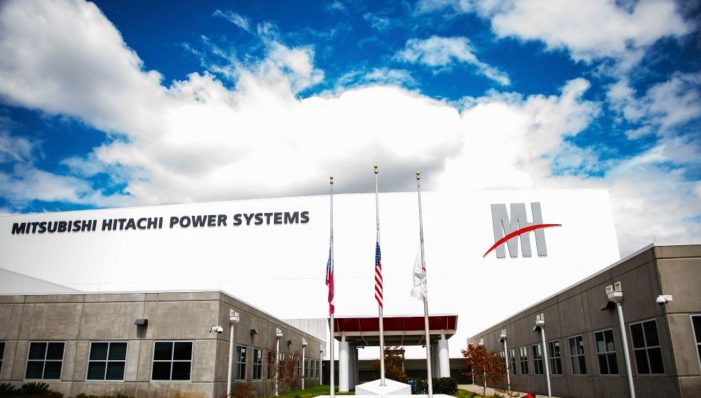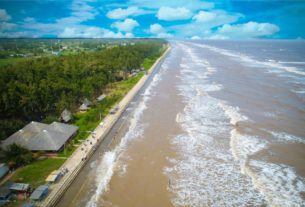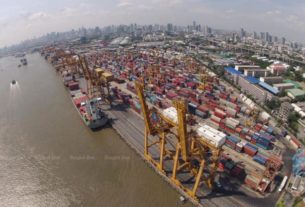 Thailand’s National Anti-Corruption Commission decides not to prosecute STECON in 2015 bribery case
Thailand’s National Anti-Corruption Commission decides not to prosecute STECON in 2015 bribery case
Error gets firm off NACC bribery hook
SEE ALSO: Japan’s Mitsubishi Hitachi Power Systems Make Plea Bargain In Thailand Bribery Case
The National Anti-Corruption Commission (NACC) has decided not to seek the prosecution of Sino-Thai Engineering and Construction Plc (STEC) in a bribery case that allegedly occurred in 2015.
Commissioners voted 6 to 3 on Tuesday not to prosecute the company after finding that the wrong law had been applied to the case from the outset, the Isranews Agency reported.
During the course of the investigation, the firm was accused of paying bribes in contravention of Section 144 of the Criminal Code when it should have faced charges of violating Section 149 for allegedly assisting state officials to demand ill-gotten gains.
According to Isranews, some commissioners reasoned judges would understand the context of the case and accept the legal error. However, most disagreed, saying judges are in no position to overlook such an error.
They voted to drop the case against STEC and go after four state officials.
Earlier, the anti-graft agency’s investigation team believed it had evidence to prosecute STEC and two of its executives for helping the four officials to receive a bribe.
The officials were accused of having colluded with them to demand a kickback from representatives of Mitsubishi Hitachi Power Systems Ltd (MHPS), hired to build the Khanom power plant.
The NACC named the four officials as Cdr Sathit Chinnavorn, director of Nakhon Si Thammarat Marine Office; Khanin Muangduang, deputy mayor of tambon Thong Nian municipality; Apichart Sawasdirat, village head of Moo 8 in tambon Thong Nian; and Pol Lt Col Santipong Phansawat, a Marine Police 4 inspector.
The corruption only came to light after Japanese prosecutors began investigating MHPS in Japan. They subsequently reached a plea-bargain agreement under which the company was exempted from indictment in exchange for cooperation during the investigation and trial of former executives.
Satoshi Uchida, 65, was convicted in 2019 and received a prison term of 18 months, suspended for three years, for his role in the bribery in Thailand. Two former subordinates convicted of conspiring with him were also sentenced to 18 months, suspended for three years.
The convictions and sentences are currently under appeal in Japan.
The anti-graft body said a consortium comprising the Japanese firm and STEC was contracted to build a power plant in Khanom district of Nakhon Si Thammarat in 2013.
The offence allegedly took place in February 2015, when three ships delivering equipment were not allowed to dock in a local port. The state officials demanded a bribe of 20 million baht from MHPS in exchange for allowing the vessels to dock, the NACC said.
STEC executives helped by preparing a contract for STEC to pay the bribe to them, according to the NACC.
Anutin Charnvirakul, a deputy prime minister and public health minister in the current government, was the former chief executive of SET-listed STEC, which is controlled by his family. He has divested his shares and no longer plays a role in the company.
Source: https://www.bangkokpost.com/business/2036559/error-gets-firm-off-nacc-bribery-hook


